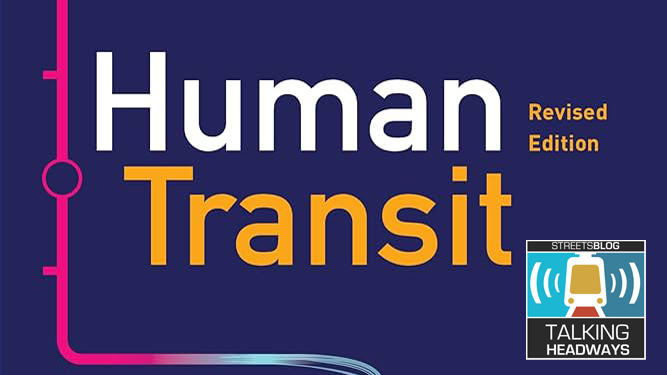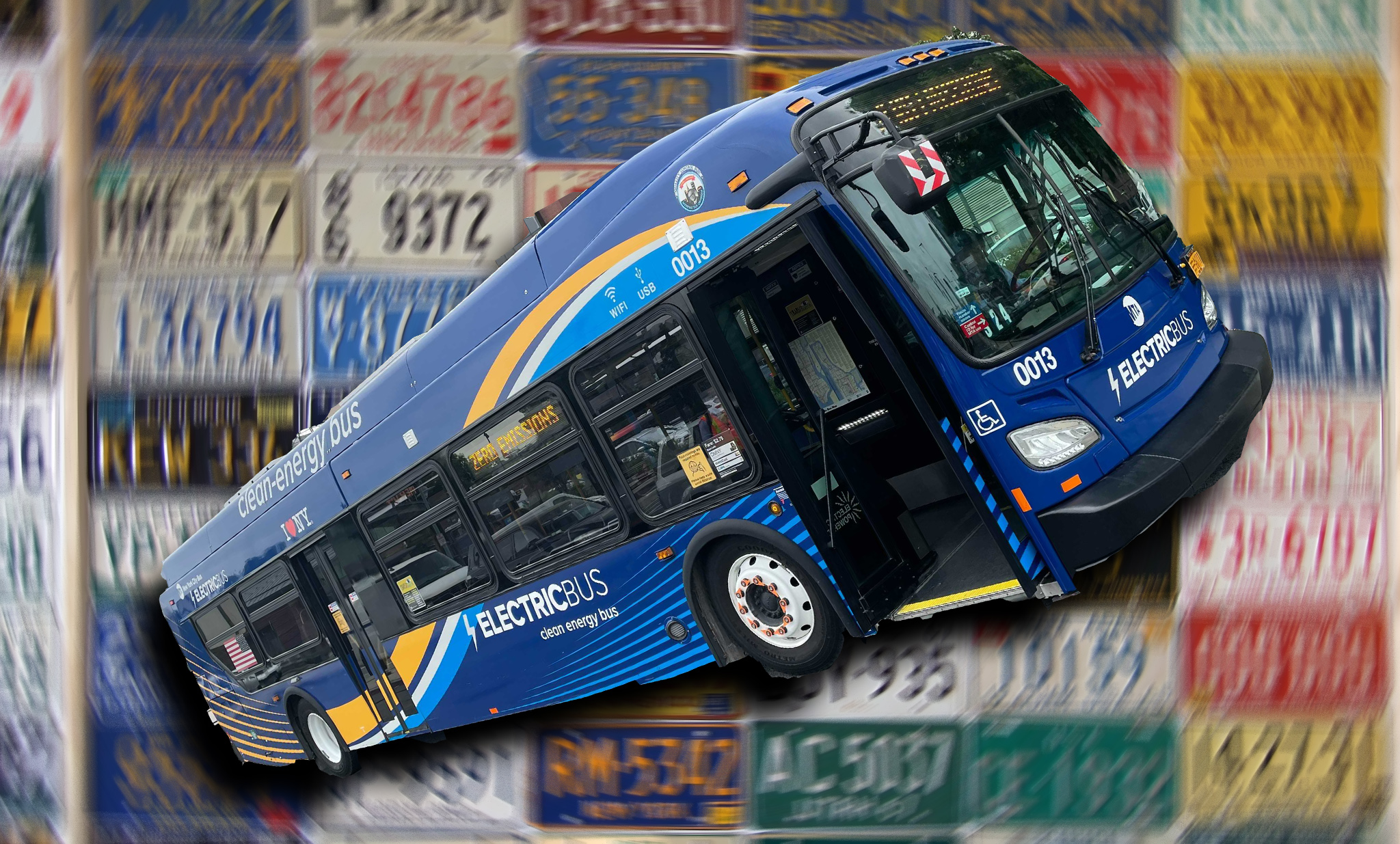 In downtown Denver, walkable streets and cultural amenities like bookstores are a selling point. (Photo: Joshua G R via Flickr)
In downtown Denver, walkable streets and cultural amenities like bookstores are a selling point. (Photo: Joshua G R via Flickr)What are people looking for when they search for a place to live? This morning on the Streetsblog Network, we're featuring a couple of posts from people who have been trying to find home. Obviously, different people want different things from their residences at different stages of life. But what struck us about both of the posts was the high value the writers put on walkability -- a trend highlighted by the use of tools like Walk Score on real estate sites around the country.
First, at Extraordinary Observations, guest blogger Melinda Urick (she's in her 30s and single) writes about how, after a lifetime of bouncing around mostly suburban neighborhoods in Northeastern Ohio, she has finally gravitated to Downtown Cleveland -- and is loving it:
[S]ix months ago, I finally moved into an apartment downtown. The East 4th neighborhood has its positives and negatives as with anywhere else I have lived, but I finally felt a belonging to my surroundings. The only inconvenience in living downtown is paying to park your vehicle safely in a garage. Downtown is safe, regardless of the horror stories suburbanites like to [tell]. These are people who likely have been downtown once or twice in the last couple of years.
Yes, there is grocery shopping nearby, and I will walk the eight blocks to the store with no complaints. I will walk seven blocks to my ATM. The library is a mere walk through the Arcade. I can leave my building and choose from a variety of local restaurants for any meal, as well as several local coffee shops. I can easily bike to the market or even skate to the lakefront.
Next, at New Geography, Michael Scott explains why he and his young family picked Denver when deciding to leave their current home in California:
[I]n terms of intangibles, several are prominent. We're looking to capitalize on Denver's new urbanist-influenced walkability. The city has lots of options, from the hip and trendy Lo Do District to the established community of Capitol Hill. A key requirement of our ultimate housing choice will be a quality school district, along with proximity to transportation, coffee houses, grocery stores, fine dining venues, and even co-working sites. In our current residence in Folsom, California, it's a challenge to stroll by foot to area amenities.
Meanwhile, over at NRDC Switchboard, Kaid Benfield is wondering, "Has the automobile era jumped the shark?" He uses a Facebook post from the Walkable and Livable Communities Institute as his starting point. Here's what that post says:
I am ready to declare that America has hit peak VMT (Vehicle Miles Traveled). We leveled out in 2001 in per capita growth, then in 2006 in actual growth, and there is now a slight decline overall. Not many of my modeling friends are ready to agree.... but what if we now measure community building success as reduced VMT? What would be wrong with that? What would be wrong with measuring success with happiness instead?
We're wondering: Have you recently relocated? What were the factors most important to you when looking for a new place to call home? Is walkability a top priority for you? How do you measure success? And do you think the primacy of the automobile might be in decline? Let us know in the comments.




